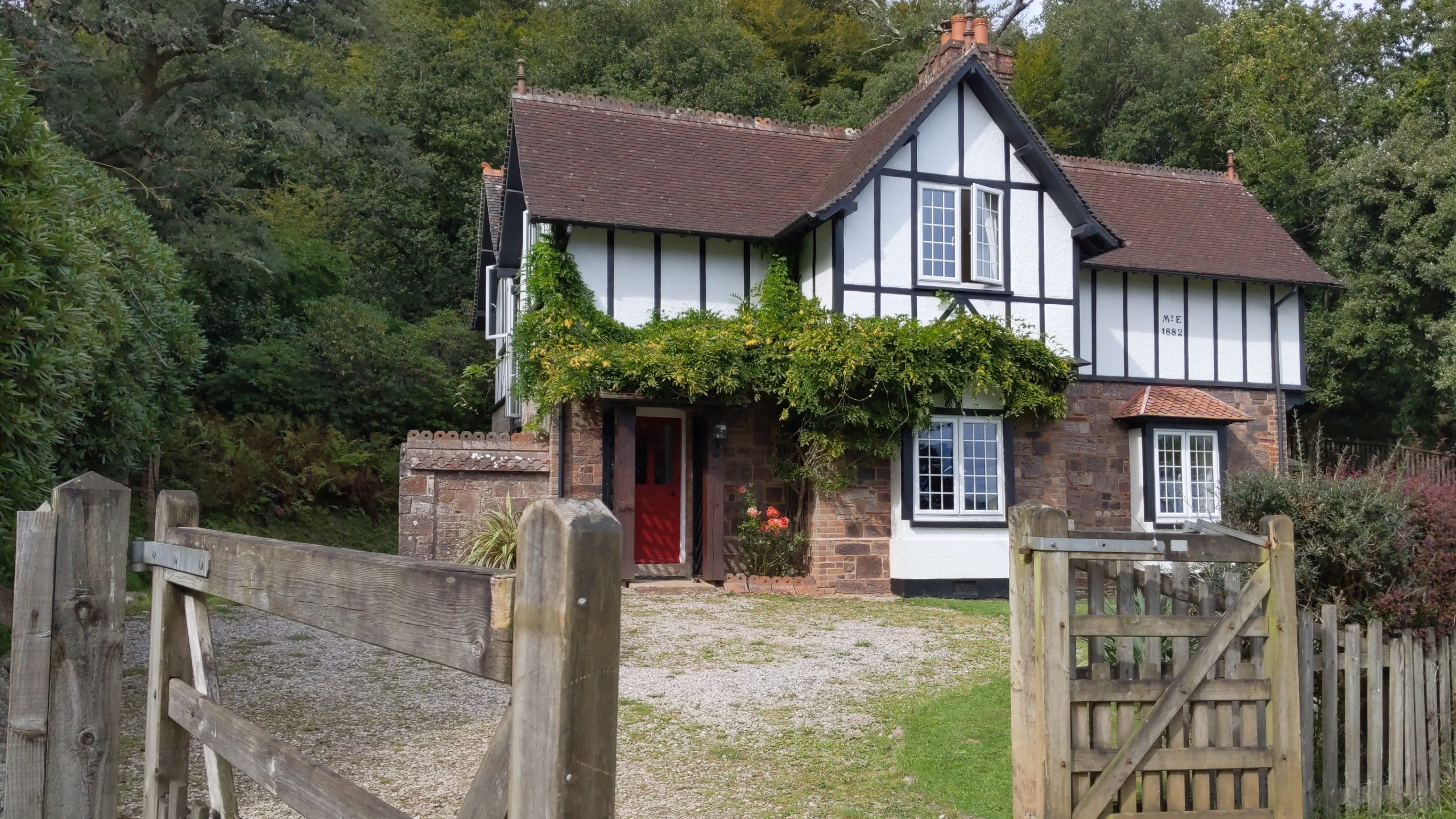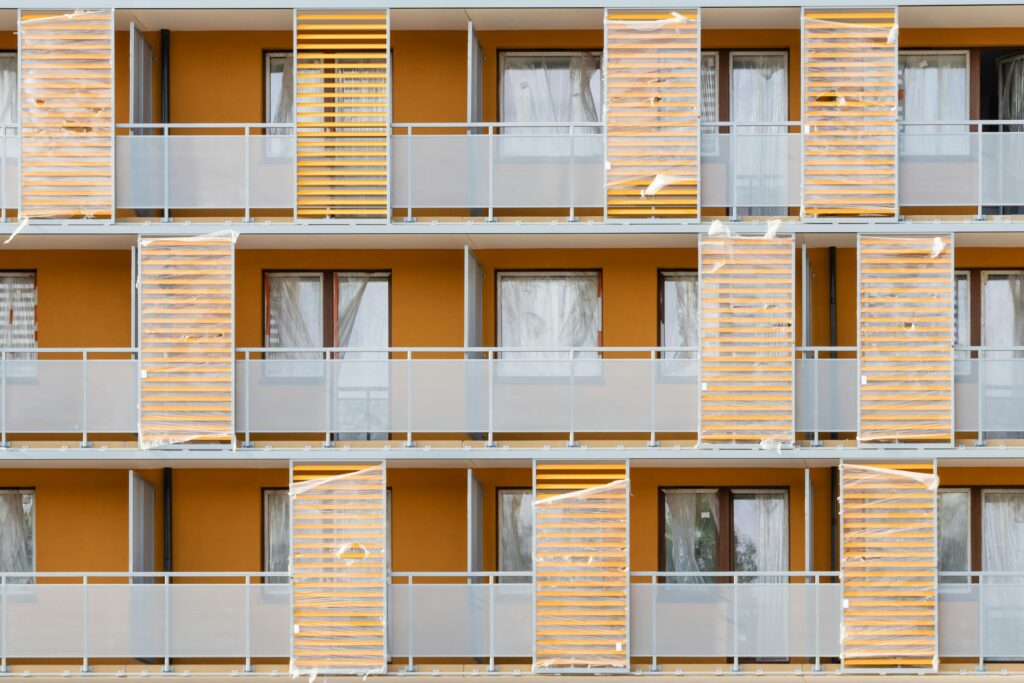What Does Best and Final Offer Mean in Property?

Estimated reading time 5 minutes
If you’ve been involved in the property game or have watched a couple of episodes of Location, Location, Location, you’ll likely of heard the term ‘Best and Final Offer’.
For prospective buyers and sellers alike, understanding what a BAFO entails is crucial, as it can significantly impact the outcome of a property transaction. In this guide we'll delve into the intricacies of BAFO in the UK property market, shedding light on what it is, why it matters, and how to navigate this stage of a property transaction successfully.
What is a Best and Final Offer (BAFO)?
A Best and Final Offer (BAFO) is a term used in the property industry to refer to the final opportunity for prospective buyers to submit their highest and most attractive bid for a property they are interested in purchasing. It is typically requested by the seller or their estate agent when there are multiple interested parties, often after an initial round of offers has been made.
Why do sellers request Best and Final Offers?
Sellers sometimes request BAFOs to create a competitive bidding environment. When multiple potential buyers express interest in a property, the seller may want to ensure they receive the highest possible price. BAFOs allow all interested parties to compete openly, which can drive up the property's selling price.
Transparency is also a reason why BAFOs are used. By requesting final offers from all interested parties, sellers ensure that all potential buyers have an equal opportunity to make their best offer, reducing the likelihood of disputes or claims of unfairness.
Lastly, BAFOs help expedite the decision-making process for both buyers and sellers. Rather than engaging in lengthynegotiations, the seller can review the BAFOs and make a quicker decision on which offer to accept, reject, or negotiate further.
How does the Best and Final Offer process work?
The process typically begins when multiple potential buyers express their interest in a property. This can happen through inquiries to the estate agent or by submitting initial offers. Initial offers are typically non-binding and serve as a starting point for negotiations.
If there are multiple interested parties and the seller wishes to proceed with a BAFO process, they will notify all potential buyers. The notification will include a deadline by which BAFOs must be submitted.
Submitting a Best and Final offer
Buyers who wish to participate in the BAFO process must submit their best and final offers by the specified deadline. These offers are typically binding, meaning that the buyer commits to the terms and price stated in their offer.
How does a seller decide?
Once all BAFOs have been received, the seller will review them and make a decision. The seller may choose to accept one of the offers, reject all offers, or enter into negotiations with one or more buyers.
Sellers don’t just take the value presented into consideration. Providing extra information with a BAFO, such as whether you’re part of a chain or already have a mortgage secured, can help sway a decision.
Best and Final offer strategy for buyers
If you’ve been requested to put in a Best and Final offer thoroughly research the property, the local market, and recent comparable sales. This will help you determine an appropriate offer price. You may also want to consider seeking advice from a solicitor or conveyancer before submitting your BAFO. They can help you understand the legal implications of your offer.
- Your BAFO should be competitive
- Consider offering a slightly higher price if you want the property
- Keep your offer clear and concise
- Show commitment to proceeding with the sale
Assessing BAFOs as a seller
Are you a seller? EvaluatingBAFOs can be a challenging task. You must carefully consider not only the offered price but also the terms and conditions of each offer.
You have a legal obligation to treat all buyers fairly during the BAFO process. You cannot show favouritism or disclose the details of one buyer's offer to another.
In some cases, you may choose to negotiate with one or more buyers after reviewing the BAFOs. Be aware this can lead to counteroffers and further negotiations, which can delay your sale.
Potential outcomes of a Best and Final offer process
There are only three potential outcomes of a BAFO process.
Acceptance
The seller may choose to accept one of the BAFOs, signifying that they have reached an agreement with the buyer.
Rejection
The seller may reject all BAFOs if they are dissatisfied with the offers received. This could lead to a return to the open market or a reconsideration of the property's price or estate agent.
Negotiation
In some instances, the seller may enter into negotiations with one or more buyers to refine the terms of the offer.
Best and final offer summary
Understanding the concept of Best and Final Offers (BAFOs) is crucial for both buyers and sellers. BAFOs create a competitive environment where buyers submit their highest and best offers, allowing sellers to make informed decisions and expedite the transaction process. For buyers, preparing a well thought out BAFO is essential to increase the chances of securing their desired property. For sellers, navigating the BAFO process involves careful evaluation and adherence to legal obligations.
However, whilst the BAFO process may fetch a seller a high price for their property, it can come at the cost of time. If you’re looking for a way to sell your house fast and avoid lengthy negotiations, Bettermove can help. We have a network of pre-approved cash house buyers ready and waiting to buy your property directly from you. This means you benefit from a sale that is completely tailored to your requirements and time constraints. Want to get started? Get your cash offer from Bettermove today and sell your house online with ease.



